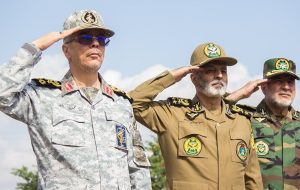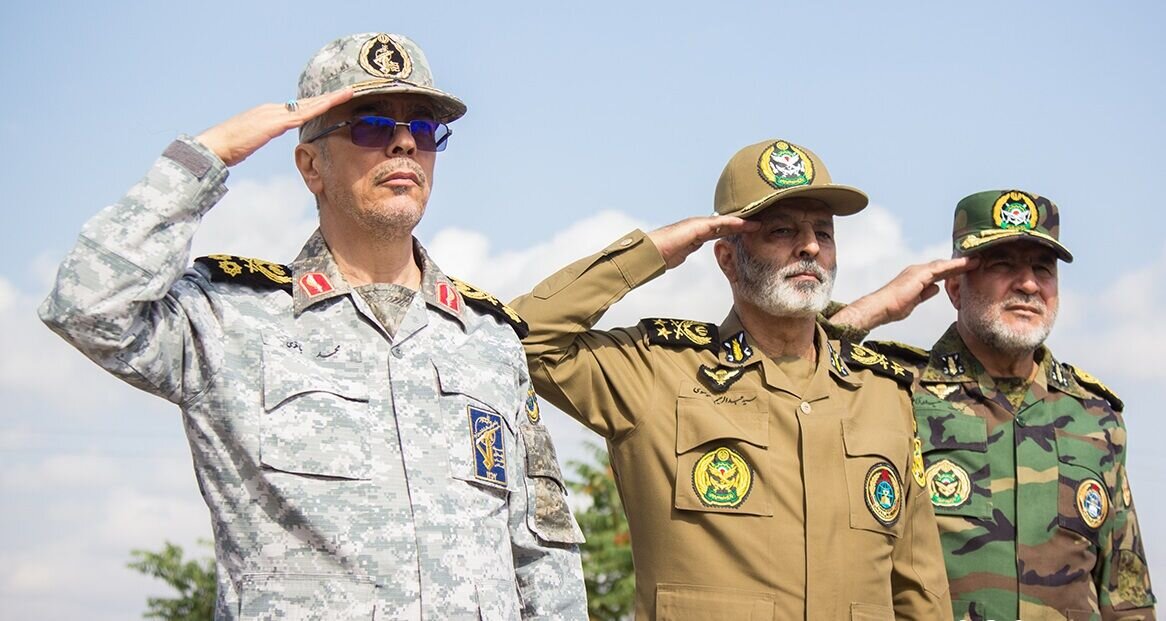‘Beyond imagination’ – Tehran Times
TEHRAN – Many historians believe Iranians to be the inventors of chess, a game that requires one to weigh options, anticipate consequences, and plan several moves ahead. On the chessboard, rushing a move without fully considering its outcome can lead to tactical blunders. Similarly, running out of time before completing all planned moves results in


TEHRAN – Many historians believe Iranians to be the inventors of chess, a game that requires one to weigh options, anticipate consequences, and plan several moves ahead.
On the chessboard, rushing a move without fully considering its outcome can lead to tactical blunders. Similarly, running out of time before completing all planned moves results in an automatic loss.
When the Leader of the Islamic Revolution Ayatollah Seyyed Ali Khamenei was speaking to a crowd of thousands of Iranians following the execution of Operation True Promise II, his words echoed the thinking of a chess master advising fellow players.
“What our armed forces did was legal and legitimate,” he said on October 4, three days after Iran directly attacked Israeli positions in the occupied territories. “In fulfilling this duty, we will neither hesitate nor act hastily. And if necessary, this will be done again in the future.”
Operation True Promise II had been pending for some weeks. It was a direct response to Israel’s assassination of Hamas Leader Ismail Haniyeh in Tehran, and the subsequent killing of Hezbollah Secretary General Sayyad Hassan Nasrallah in Beirut. The operation, the second of its kind this year, involved the firing of approximately 200 ballistic missiles at Israeli military sites. At least 90% of the projectiles managed to hit their targets despite several regional and extra-regional countries coming to Israel’s rescue.
Tehran is now preparing for a third operation against Israel in response to the regime’s October 26 attack on Iranian territory, which took the lives of four Army personnel and one civilian. It appears that the country is once again carefully considering the timing of its next major move. However, the nature of that response requires even more meticulous deliberation, given that it would be a retaliation against the first violation of Iran’s sovereignty in over three decades.
In chess, the effectiveness of a move depends on whether it manages to gain a positional advantage, develop the pieces, and improve the king’s safety.
Iran’s most senior military official, Chief of Staff of the Iranian Armed Forces Major General Mohammad Bagheri, announced on Tuesday that the upcoming response to Israel would be “beyond the regime’s imagination”.
“The Zionists crossed the red lines of the Islamic Republic, but they should know that the Armed Forces of the Islamic Republic of Iran … will give a different response to the aggressors that will make them regret [their act], one beyond their imagination.”
What will Iran’s response be like?
“What Iran needs to do is to alter the equations and establish effective deterrence,” said Hossein Kanaani Moghaddam, an expert on international affairs. “Iran should execute a plan that will force Israel to back down. A limited operation will only trigger a ping-pong game.”
The expert added that it is not possible to accurately predict the nature or timing of Iran’s response, but it is expected that more than just the Islamic Revolution Guard Corps (IRGC) will be attacking Israel this time around. “There is a high possibility that the Iranian Army and other fronts of the Axis of Resistance will join the IRGC in the operation.”
The response may extend beyond the military realm, Kanaani Moghaddam added. Cyber, economic, intelligence and social dimensions are also likely to be considered. “A wise and effective Iranian response would benefit not only Tehran, but the entire region. Israel may finally choose peace and cease its destabilizing actions.”
